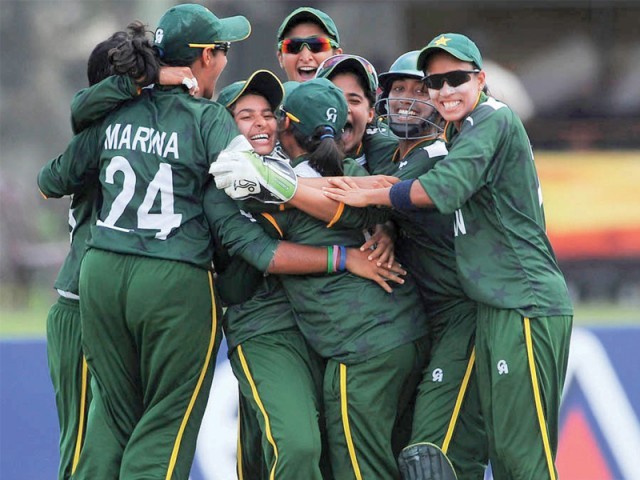
A-levels: Atom bombs, measurements and etymology
No matter which side of the academic tracks you are on, liberal arts or science, it's the same journey for all of us.
One of my best friends is half Sindhi and half Pathan, which means that she can kick, scream and yell in four different languages. How I wished I had her linguistic virtuosity at 9am one morning this week when I turned over my Physics paper to start the exam only to be lost for words. I had no one to blame but myself. This was the subject that involves flipping paper cones off the back of a ruler and going cross-eyed trying to determine the terminal velocity they achieve. In A’ Level Physics, tennis balls feel the need to fall off cliffs so that you can work out the distance covered.
Planets go bing and boom for no apparent reason in Physics other than because Newton said so. And Newton, the nerd, said a lot of things.
The worst feeling doesn’t, however, come when you blank out on a Physics exam. People do that all the time. What kills (terminal velocity, anyone?) is the knowledge that you walked into this with your eyes open: the practicals, the multiple-choice questions or MCQs, the “final value of x”. At the start of the term, you were just one tick mark away from being a liberal arts student. It could have been History, Sociology, English Literature, Urdu Literature! I could have been taught by people with degrees in Political Science, who are on a first-name basis with the staff at Liberty Books; people who are, in short, personalities, as opposed to your Science teachers, who say words like “meyourment”.
Not that it was always like that. Back in primary school, if you said you liked History class, kids would throw you under the tree decorated by crow droppings, steal your Cocomo and never pick you to play cricket with them. This was the wrong side of the academic tracks: Science was fun, Math was hard, History was boring, and Pakistan Studies was boring to the power of 10. I could tell you who Sher Shah Suri was, but only if you bribed me with an iPad, because there is no way I am going through that mental torture again.
What they don’t tell you, however, is that the academic divisions boomerang after O’ Levels. In A’ Levels, the new academic elitists study History and Literature. This isn’t the Muhammad bin Qasim history of your class VII days. This is Liberal Arts. These students are the type of people who actually read coffee-table books on the Kashmiri Shawl and the arch in Mughal architecture, and ask the big questions such as ‘What is love?’ and ‘Why are we here?’ instead of “Yaar, what was the match score yesterday?”. Forget Twilight, Keats was the original bloodsucker.
But here’s the thing. The Liberal Arts students may seem cool but who really looks up when one of them asks,
“Can Napoleon be seen as a son of the revolution?”.
I’m firmly convinced that they just perpetuate the stereotype that Liberal Arts is somehow cooler and more hip. On the other hand, everyone looks up excitedly when the Science student bursts into the room and cries:
“Hey guys! I just dissected a goat’s lung!”
Which brings me back to 9 am, when I was killing myself for choosing Physics because I had no idea how to figure out why a rocket moves forward when 50,000 gallons of liquid hydrogen jets out of its bum. The Second Law of Momentum, duh. The boy next to me was angrily whispering, ‘What a fazool examiner’. The girl two rows ahead was circling flowers on her empty MCQ sheet. It was the kind of exam paper which caused people to sway back and forth while reciting the six kalimas, hoping somehow that the formula for projectile motion would burst forth in holy light.
And then the answer sheets were collected and the invigilator said, “You may leave”.
I stood up and walked out with a sense of relief that it wasn’t just me who was confused about whether ‘a thread of mercury’ in a thermometer could actually be called a dhaaga or not. My sense of relief deepened as I stepped out into the sunshine and saw the Liberal Arts students waiting outside for their exam to start. They too were swaying back and forth - over notes on Bismarck and Mazzini - their eyes shut in last-minute revision on the spread of Nationalism and Democracy. And that’s when I realised, that no matter which side of the academic tracks you were on, it was the same journey for all of us.




COMMENTS (20)
Comments are moderated and generally will be posted if they are on-topic and not abusive.
For more information, please see our Comments FAQ